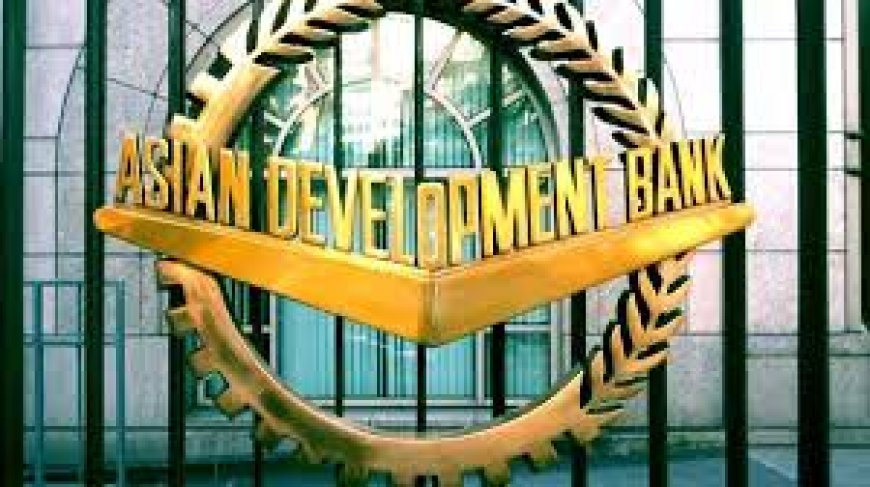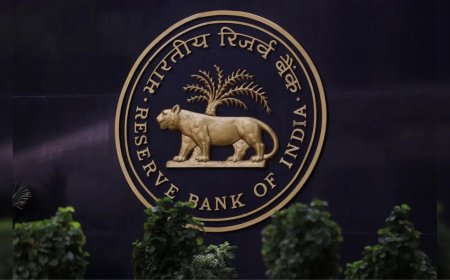Pakistan signs USD 350 million loan agreement with Asian Development Bank
Pakistan signs a $350 million loan agreement with the Asian Development Bank to support energy sector reforms, improve financial sustainability, and boost clean energy transition.

A Lifeline for a Beleaguered Energy Sector
Pakistan’s energy sector has long been riddled with structural inefficiencies, circular debt, and policy misalignment. According to government data, circular debt stood at PKR 2.3 trillion (approx. $8 billion) as of March 2025. The loan aims to provide much-needed liquidity, enhance tariff transparency, and accelerate the shift toward cleaner energy sources.
“This program is pivotal for strengthening the power sector’s financial viability and governance,” said ADB Country Director Yong Ye. “It also aligns with ADB’s commitment to support Pakistan in achieving a more sustainable and resilient economic path.”
The funds will be disbursed under Subprogram 2 of ADB’s multi-phase financing initiative for Pakistan, which has already seen an initial tranche of $300 million released in 2023. The new disbursement reflects satisfactory progress in policy implementation, according to ADB.
Government’s Commitment to Reform
Federal Minister for Economic Affairs, Ahad Cheema, stated during the signing ceremony that the loan would support ongoing reforms in the energy sector, including improved bill recoveries, digital metering, reduction in transmission losses, and better pricing mechanisms.
“Pakistan is committed to turning its energy sector into an engine for economic growth rather than a fiscal burden. This agreement is another step toward that vision,” Cheema remarked.
The government has pledged to cut down line losses, expand renewable energy installations, and implement market-based electricity pricing mechanisms—initiatives that are critical to both investor confidence and fiscal sustainability.
Analyst View: A Double-Edged Sword?
While the agreement signals international confidence in Pakistan’s reform agenda, analysts caution that loans, no matter how favorable, can only be a temporary fix if structural inefficiencies persist.
“Pakistan's energy reforms must go beyond patchwork financing. While this is a lifeline, the deeper challenge is reform execution,” said Ali Tauqeer Sheikh, a development economist based in Islamabad. “ADB’s involvement adds credibility, but it also raises expectations for measurable reforms, especially in debt management and energy diversification.”
Some experts note that the country’s reliance on multilateral aid needs to be counterbalanced by stronger domestic revenue collection and export diversification. With external debt surpassing $130 billion, long-term sustainability remains a concern.
Market Reaction: Rupee Firms, Stocks Stable
Following the announcement, the Pakistani Rupee gained modestly against the U.S. dollar in intraday trading, appreciating by 0.4% to close at PKR 281.75. The Pakistan Stock Exchange (PSX) remained relatively flat, with the benchmark KSE-100 index closing up 0.25%, reflecting cautious optimism.
“Investors are waiting for concrete steps on the reform front. This loan, while positive, is already priced in to some extent,” said Saad Ali, Head of Research at Intermarket Securities. “If the government follows through with tariff rationalization and power sector reforms, it could lift market sentiment meaningfully in Q3.”
Broader Economic Context
The loan comes at a crucial juncture. Pakistan is currently negotiating a new extended arrangement with the International Monetary Fund (IMF) following the expiry of a short-term standby facility. The IMF has reportedly demanded stricter energy sector reforms, including timely tariff adjustments and full-cost recovery, which align with ADB’s goals.
This dual backing from the IMF and ADB may ease pressure on Pakistan’s foreign exchange reserves, which stood at $9.1 billion as of mid-June 2025, providing coverage for about 1.5 months of imports.
Moreover, the loan supports Pakistan’s ambitions to increase renewable energy’s share to 30% of the total energy mix by 2030, reducing reliance on imported fossil fuels and addressing climate change imperatives.
Investor Outlook: Hopeful But Guarded
For foreign investors, the ADB loan provides a degree of assurance that Pakistan’s economic direction is being monitored by credible global institutions. Still, the outlook remains tethered to the successful implementation of reform milestones.
“There is now a clear window of opportunity. If Pakistan can demonstrate early wins—like improving recoveries, reducing line losses, or rolling out new regulatory frameworks—foreign direct investment in the energy sector could rise,” said Hina Anwar, Head of Emerging Markets Strategy at Frontier Global Capital.
With elections looming in late 2025, political stability will also be crucial for continuity in reform execution. Experts warn that policy reversals or populist moves could derail progress.
The $350 million loan from the Asian Development Bank is a significant endorsement of Pakistan’s energy and economic reform plans. However, the real test lies in execution. With mounting debt, a fragile energy ecosystem, and a politically sensitive environment, Pakistan must now walk the talk to ensure that this support translates into sustainable, inclusive growth.
What's Your Reaction?
 Like
0
Like
0
 Dislike
0
Dislike
0
 Love
0
Love
0
 Funny
0
Funny
0
 Angry
0
Angry
0
 Sad
0
Sad
0
 Wow
0
Wow
0












































































